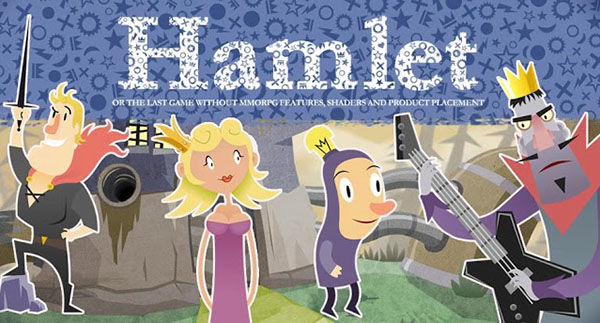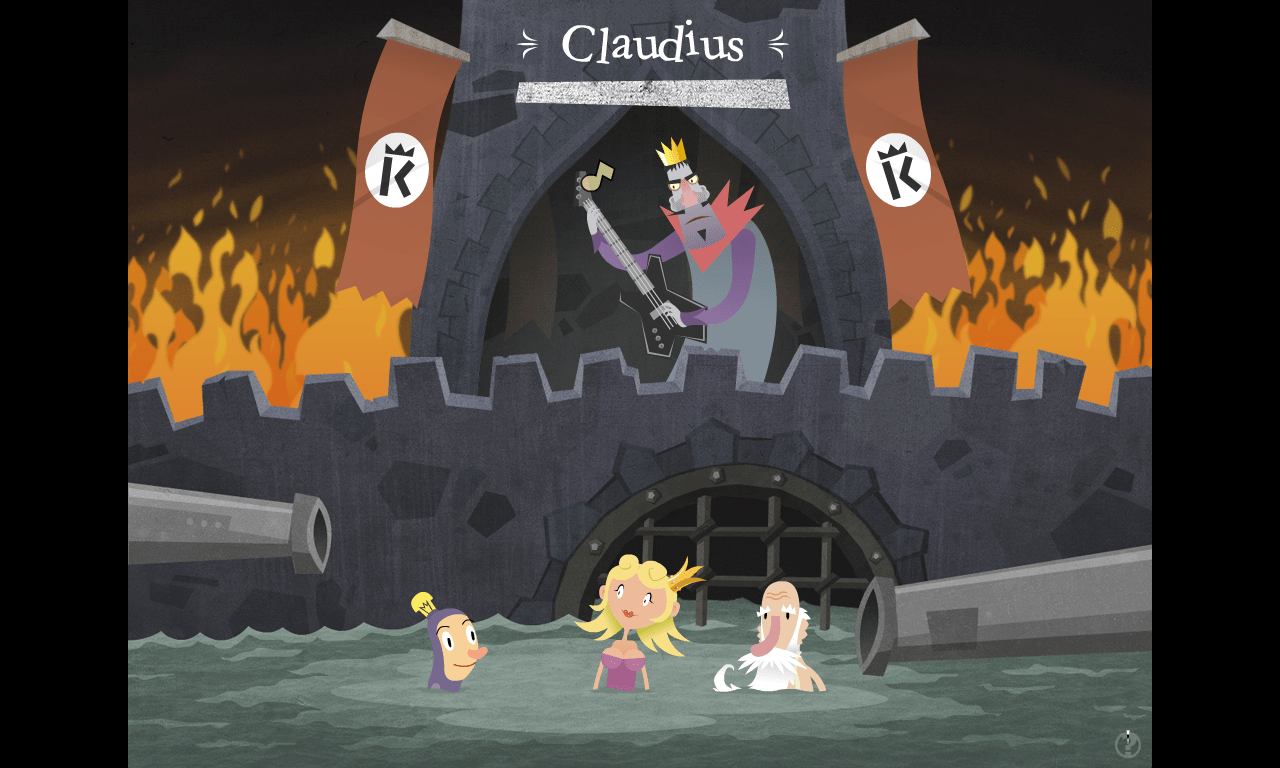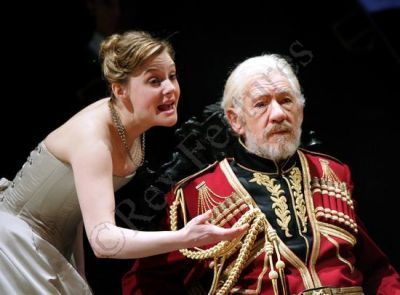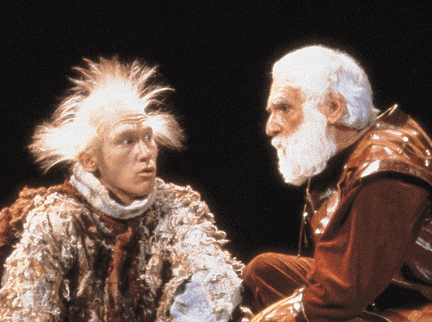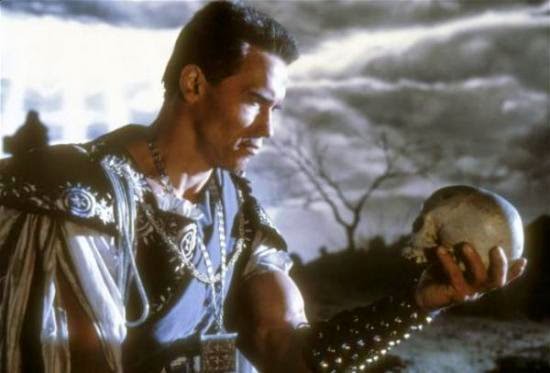When talking about Hamlet and getting
to know Ophelia, who is supposed to be Hamlet’s
non-official-girlfriend people may think that she is an stupid young woman.
But, why? Reading Hamlet makes you pity this woman because she has no
own will, she is always acting to make another person happy, or she is always
obey someone else than her heart or her mind, she plays primarily the dutiful
daughter because even though she loved Hamlet deeply and truly, she has to make
a decision between what her father asks her and what her heart asks her. As
every character in the play, she has decisions to made, whether to be loyal to
Hamlet or her father. In Elizabethan England, women were seen as a
will-less-being because they had to be submitted first to their fathers, since
they were their daughters and had to obey them without hesitation, the father
had the task of getting the daughter a husband, so that the next “owner” would
be her husband; women were not allow to do whatever they wanted to and I would
say that first of all I rather die than submitting my will to someone else, not
being allow even to think by myself, just obeying-obeying-obeying which I
consider a kind of slavery and not fair-thing-to-do to a human being since we
were created equal, and also I think that feminism could have started in Queen
Elizabeth’s time and women could have done a huge revolution, why did they wait
so long? Since England was ruled by a woman, she has a lot of power and also
she has million people submitted to her will, so that I wonder why didn’t she
help the rest of the women speak up their voices? Well, we would never know,
maybe she was too selfish and wanted all the attention for her (as many women
want). Going back to Ophelia, the outsider, she is the daughter of Polonius who
sent her to spy on Hamlet, which she didn’t want to do, but does obeying to her
father will, in this moment she feels she is not being true to herself and when
talking to Hamlet, he despises her, he told her
“Hamlet:[…] I did love you once.
Ophelia: Indeed, my lord, you made me
believe so.
Hamlet: you should not have believed me…I
love you not.” (Hamlet III, 1, 99-100)
We know that poor Ophelia cannot be with
Prince Hamlet anyway because she is too simple, she doesn’t belong to the
royalty, she doesn’t have a will, she can’t even interpret things by her own, and
she let her father interpret things for her. So that, she has no place in the
play, but we have to agree that Ophelia is a tragedy within a tragedy, Hamlet
is a tragedy, and every single situation that Ophelia encounters is a
tragedy too, she drowns because she couldn’t bear being responsible for her father’s death. Bradley pointed out that the
character of Ophelia is one of unselfish affection because she does what she is
asked to, she doesn’t behave as she will want to, she has to obey her father,
she loved dearly Prince Hamlet, but her love was not correspondent, so …. Yes we
have to pity her, she was too cute immerse in a masculine world. Ophelia “cannot
cope with the unfolding traumatic event after other” (Mabillar, 2000) so that
she has to die, she cannot bear being by herself if all her life she was controlled
by her father, her brother and Hamlet too in a way. Ophelia is an innocent
young woman who enters scene singing, removing the petals of flowers –this might
be an illustration of her loosing her virginity, as we would never know if
Shakespeare connected Hamlet and Ophelia in a sexual relation more than the “words
relation” they had through letters- and she had to obey her father and brother
because they were “her owners” and leave her love for Hamlet aside in order to
accomplish what her father had commend her to do.
 Poor Ophelia couldn’t be a daughter truly
because she didn’t feel like obeying her father deep in her heart since she
loved Prince Hamlet, she couldn’t be Hamlet’s girlfriend since she was not part
of the royalty, so that she has no rank to marry a Prince, and also she wasn’t
true to herself since she was subdue to everyone else and couldn’t speak her
voice.
Poor Ophelia couldn’t be a daughter truly
because she didn’t feel like obeying her father deep in her heart since she
loved Prince Hamlet, she couldn’t be Hamlet’s girlfriend since she was not part
of the royalty, so that she has no rank to marry a Prince, and also she wasn’t
true to herself since she was subdue to everyone else and couldn’t speak her
voice.
After everything said above, there is no
way you couldn’t pity Ophelia, and I wouldn’t wish her life not even to my
enemies since I truly believe that if we cannot have a will of our own, if we
cannot speak up for ourselves, we are not living our lives, we are living
someone else’s live, we are playing a role that other people want us to play.
So, Ophelia was an outsider, she didn't belong to the world of Hamlet, more than that her story wouldn't be possible without Hamlet, so that she would be outside anyway, she is an element that can be discarded from the play, she was outside the play all the time.
References:
Bradley, A.C. Shakespearean Tragedy. New York: St. Martin's Press, 1996.
Mabillard, Amanda. Ophelia: Shakespeare Online. 20 Aug. 2000. http://shakespeare-online.com/plays/hamlet/opheliacharacter.html
Shakespeare, William. Hamlet. New Haven and London: Yale University Press, 2003.
